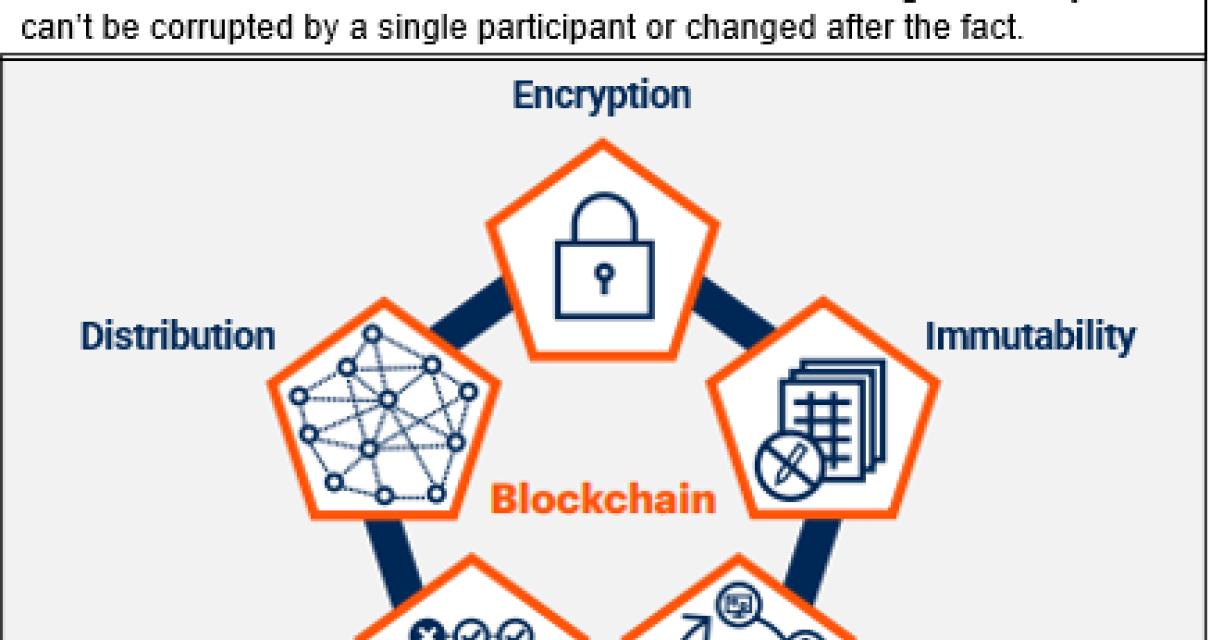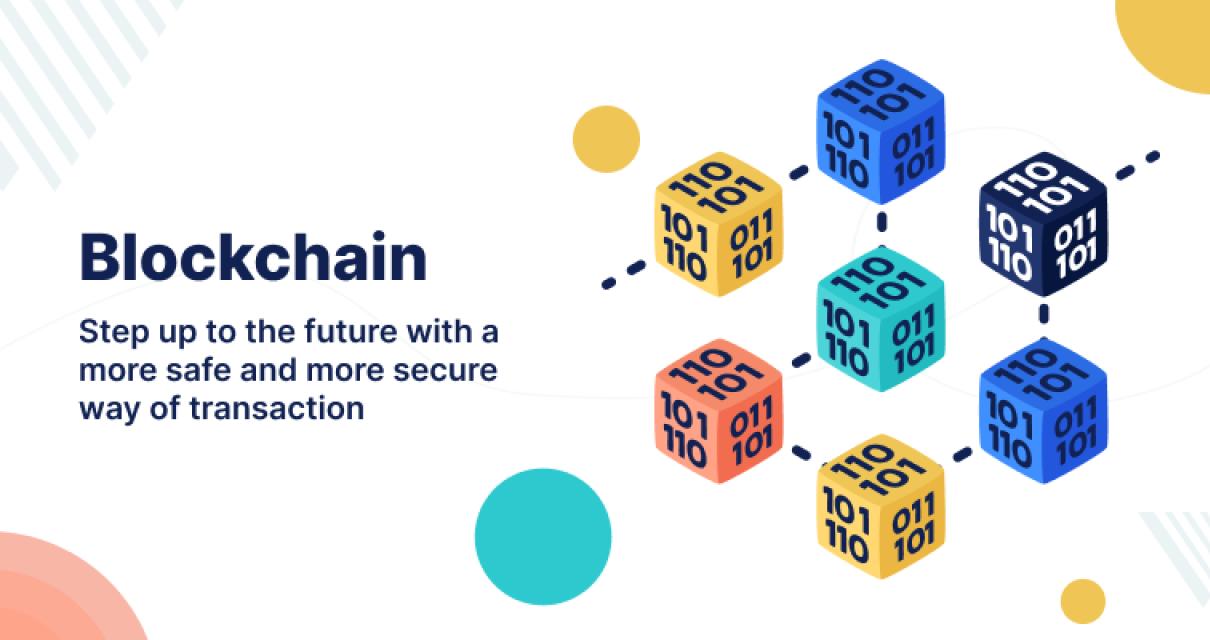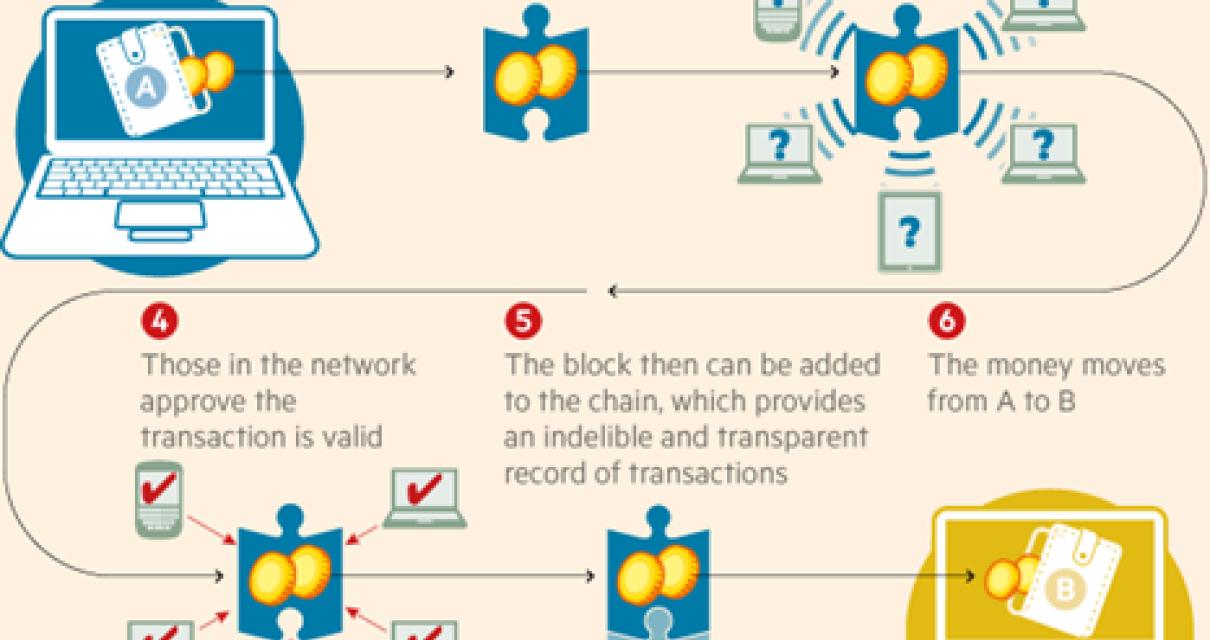What is Blockchain?
A blockchain is a public ledger of all cryptocurrency transactions. It is constantly growing as “completed” blocks are added to it with a new set of recordings. Each block contains a cryptographic hash of the previous block, a timestamp, and transaction data. Bitcoin nodes use the block chain to differentiate legitimate Bitcoin transactions from attempts to re-spend coins that have already been spent elsewhere.
The Benefits of Blockchain
Technology
Blockchain technology is a distributed database that maintains a continuously growing list of ordered records called blocks. Each block contains a cryptographic hash of the previous block, a timestamp, and transaction data. Bitcoin and other cryptocurrencies are based on blockchain technology.
The benefits of blockchain technology include:
1. Increased transparency and trust.
2. Reduced costs and faster transactions.
3. Increased security and reliability.
4. Reduced risks and fraud.
5. Increased efficiency and scalability.
The History of Blockchain
The blockchain is a digital ledger of all cryptocurrency transactions. It was first proposed by an anonymous person or group of people under the name Satoshi Nakamoto in 2008. Cryptocurrencies such as Bitcoin, Litecoin and Ethereum are built on the blockchain technology.
The blockchain is a Distributed Ledger System (DLS) that allows for secure, transparent and tamper-proof recordkeeping of transactions. Transactions are grouped into blocks, which are then chained together and secured by cryptography. Bitcoin, Litecoin and Ethereum are all built on a blockchain network.
The decentralized nature of the blockchain allows for anyone to access the network and participate in the transaction verification process. This makes it an incredibly secure and reliable platform for conducting transactions.

How Blockchain Works
A blockchain is a digital ledger of all cryptocurrency transactions. Each block contains a cryptographic hash of the previous block, a timestamp, and transaction data. Bitcoin nodes use the block chain to differentiate legitimate Bitcoin transactions from attempts to re-spend coins that have already been spent elsewhere.
Each node can verify the authenticity of the block chain by ensuring that the cryptographic hash of each block is consistent with the blockchain’s global history. Nodes can also use the block chain to discover new blocks, and to determine when a particular block was mined.
The Future of Blockchain
As blockchain technology continues to grow in popularity, there are a number of questions about its future. Will it remain a niche technology? Will it become mainstream? What impact will it have on the business world?
The short answer is that it remains to be seen what the future holds for blockchain technology, but there are a number of reasons to believe that it will continue to grow in popularity.
First and foremost, blockchain technology is incredibly secure. It is based on a decentralized network, meaning that there is no central authority that can tamper with or control it. This makes it an ideal platform for transactions that involve sensitive information, such as financial data.
Second, blockchain technology is able to handle a high volume of transactions. This is thanks to its ability to create a tamper-proof record of transactions. As a result, it is becoming more and more popular as a way to conduct transactions between businesses.
Third, blockchain technology is cost-effective. This is because it eliminates the need for middlemen, such as banks. As a result, it can save businesses a lot of money.
Fourth, blockchain technology is sustainable. This is because it allows for the tracking of digital assets and transactions. As a result, it can help to protect intellectual property and ensure that transactions are legitimate.
All in all, blockchain technology appears to be continuing to grow in popularity. There are a number of reasons to believe that it will have a significant impact on the business world in the future.
Applications of Blockchain
technology
There are many applications for blockchain technology, but some of the most common are:
1. Cryptocurrency
2. Asset management
3. Contract management
4. Voting
5. Digital rights management
6. Data storage
7. Decentralized applications
8. Supply chain management

Real-World Examples of Blockchain
Technology
There are many real-world examples of how blockchain technology can be used. Some of these examples include:
1. Bitcoin: Bitcoin is the first and most well-known example of a blockchain technology application. Bitcoin is a digital asset and payment system invented by Satoshi Nakamoto. The system uses cryptography to secure the transactions and to control the creation of new bitcoins. Bitcoin has been controversial since its inception, with some arguing that it is a Ponzi scheme and others believing that it could have important implications for the financial system.
2. Ethereum: Ethereum is a decentralized platform that runs smart contracts: applications that run exactly as programmed without any possibility of fraud or third party interference. The Ethereum network runs on a blockchain, which is a distributed database that records every transaction. Ethereum is unique in that it allows apps to be built on top of it that use smart contracts to automate complex interactions.
3. Litecoin: Litecoin is a cryptocurrency that was created in 2011 by Charlie Lee. Unlike Bitcoin and Ethereum, which use cryptography to secure their transactions, Litecoin uses an algorithm called scrypt that is more memory-efficient. This makes Litecoin more affordable and easier to use, as well as faster to generate.
4. DASH: DASH is a cryptocurrency that uses a different algorithm than Bitcoin and Ethereum. DASH is more decentralized than Bitcoin and Ethereum, as it does not have a single leader or foundation. DASH also has a faster block generation time than Bitcoin and Ethereum, making it more scalable.

Frequently Asked Questions About Blockchain
1. What is blockchain?
Blockchain is a distributed database that maintains a history of all cryptocurrency transactions. Each block contains a timestamp, a cryptographic hash of the previous block, and transaction data. Bitcoin and other blockchain-based cryptocurrencies are built on this technology.
2. What are the benefits of using blockchain?
The benefits of using blockchain include:
- Transparency: Every transaction is visible on the blockchain, which makes it difficult for criminals to launder money or conduct other illegal activities.
- Security: Cryptocurrency transactions are secure because they are verified by a network of nodes.
- Immutability: Once a transaction is recorded on the blockchain, it can't be changed.
3. Why is blockchain becoming more popular?
Some reasons why blockchain is becoming more popular include:
- It's transparent: Every transaction is visible on the blockchain, which makes it difficult for criminals to launder money or conduct other illegal activities.
- It's secure: Cryptocurrency transactions are secure because they are verified by a network of nodes.
- It's immutable: Once a transaction is recorded on the blockchain, it can't be changed.